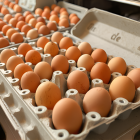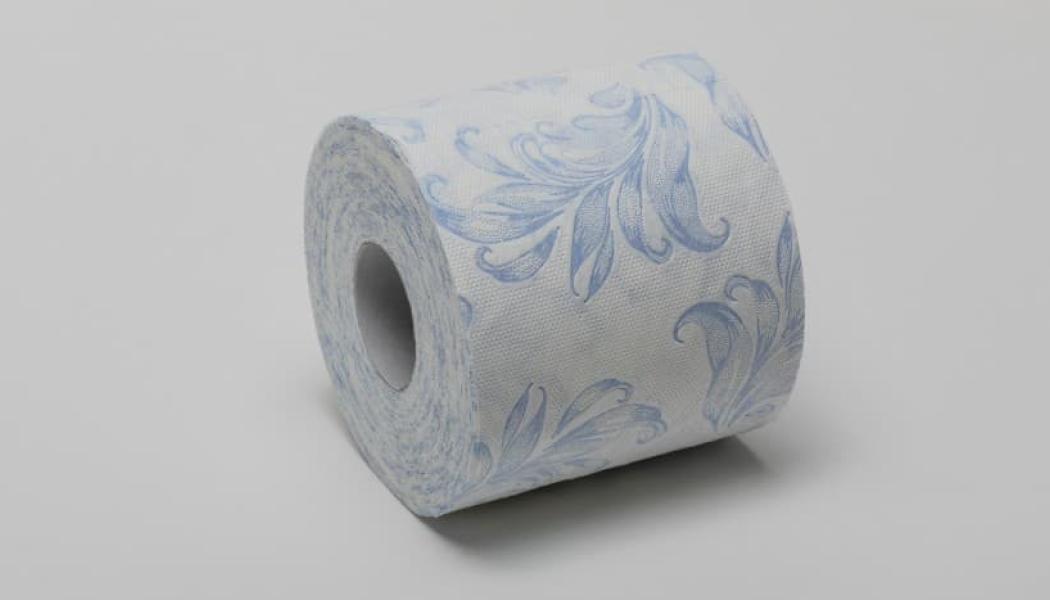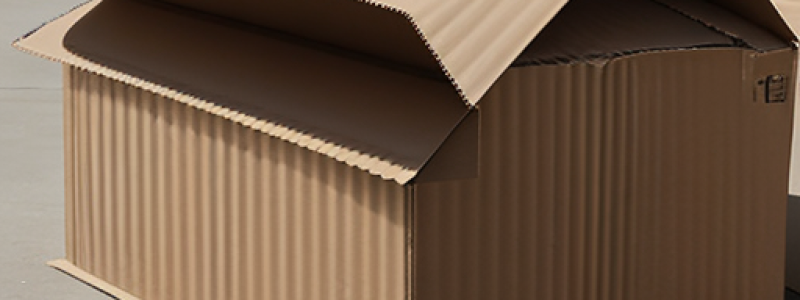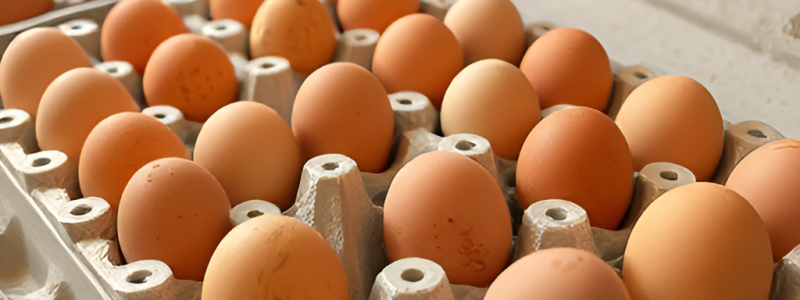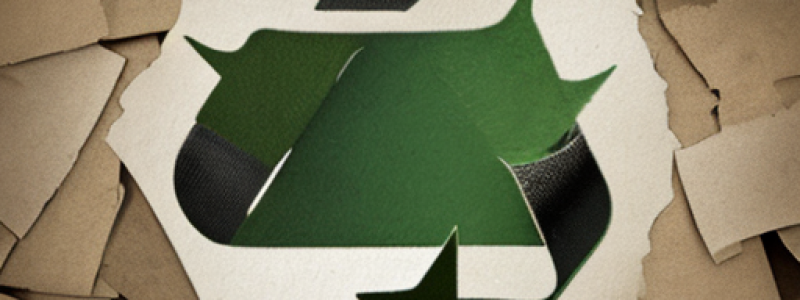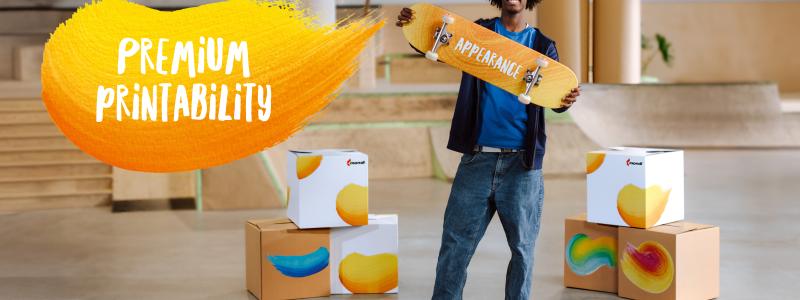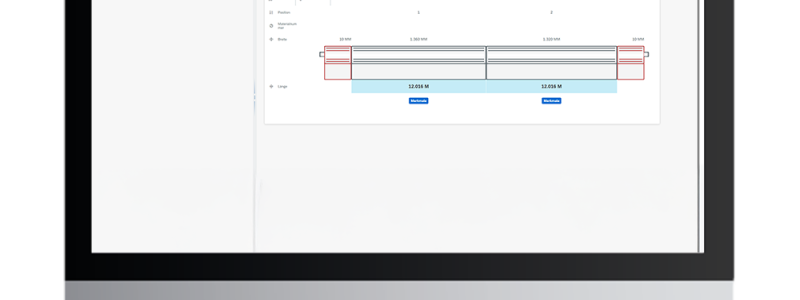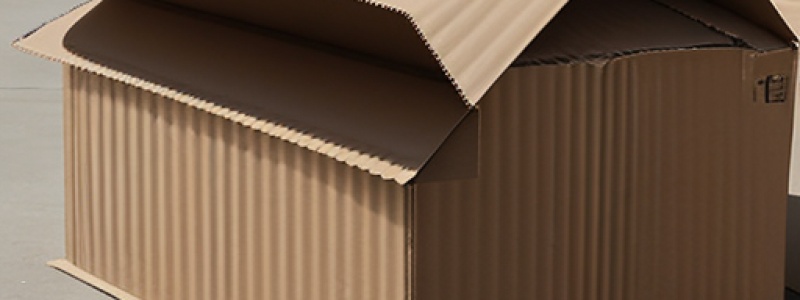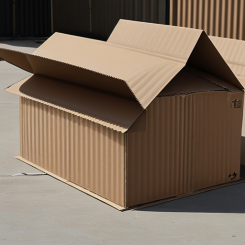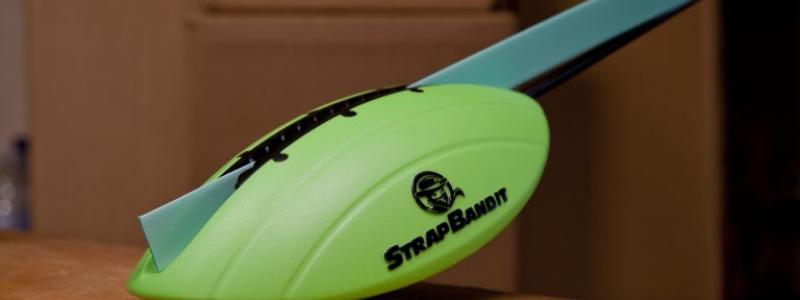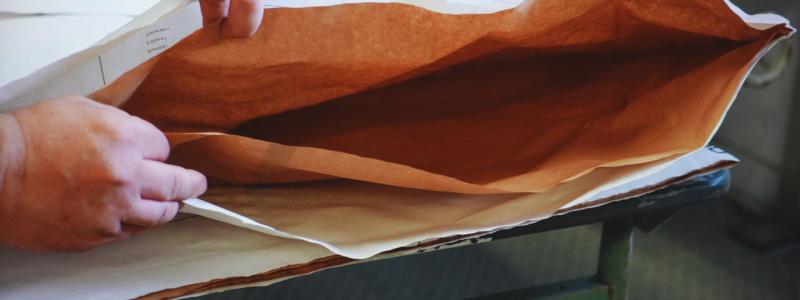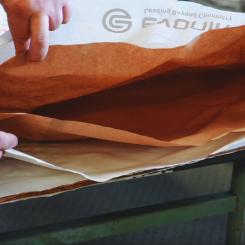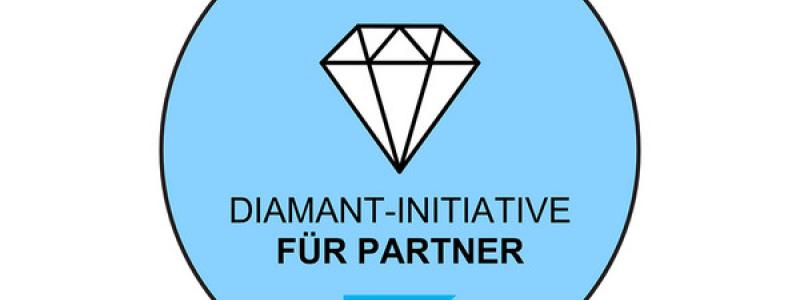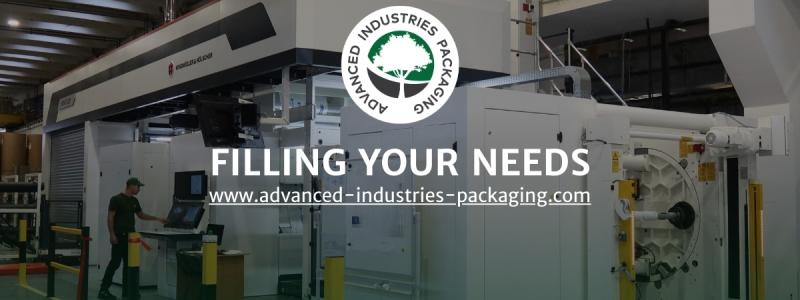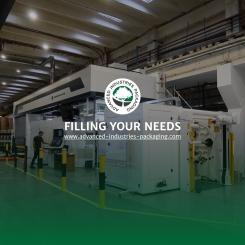The origins of toilet tissue embossing are rooted in practically. The three-dimensional patterns increase surface area and liquid absorbency of the tissue, and also keep multiple plies from peeling apart.
Absorbency and bonding remain key benefits of embossed toilet tissue. However, embossing also plays an important role in meeting the demands of buyers who are increasingly selective about their toilet tissue choices.
How embossing influences consumer purchasing decisions
The global toilet paper market is projected to grow to nearly $76 billion (USD) by 2030 — a statistic that reflects the ubiquity of toilet tissue products throughout the world.2 In the United States alone, it’s estimated that the average person uses in excess of 100 single rolls of toilet paper (roughly 21,000 sheets) each year.
The reliance on toilet tissue products is clear. However, need and reliance doesn’t translate to commoditization. Rather, buyers are becoming more selective about the toilet tissue they purchase. The reasons behind this are thought to stem from heightened sensitivities around hygiene brought about by COVID-19.1 Subsequently, a certain brand loyalty developed that carried beyond the easing of pandemic concerns.
Upward trends in disposable incomes also tend to have consumers more willing to purchase — and pay more for — premium embossed toilet tissue products for the aesthetic features and benefits1, including:
- Higher quality: Consumers attach higher quality to embossed tissue than non-embossed or lower-ply options, largely due to the perception of added softness, absorbency, and strength
- Enhanced texture and softness: Depending on the pattern design and frequency, embossed toilet tissue is generally softer to the touch
- Increased bulk: Sheet thickness is increased, thereby making roll size more substantial and appealing to consumers
- Visual appeal: Designs — especially 3D patterns — are simply more eye catching and visually satisfying which elevates embossed tissue to an artisanal experience. Similarly, embossing can help camouflage sheet inconsistencies such as dirt or poorly formed sheets to unify products’ visual presentation
- Product differentiation: Unique embossing designs and patterns can serve as visual cues to consumers, helping them quickly identify and choose their preferred brand at the shelf
- Tissue manufacturers are well aware of the aesthetic connections consumers make with embossed tissue. It is common for brands to use embossing as opportunities to reinforce their unique embossed patterns, logos, or other distinguishing features to drive consistent consumer loyalty and purchases.
Production considerations for successful embossing
Embossed toilet tissue is an excellent fit for aesthetic appeal and other consumer preferences, but product quality must not be overlooked. The embossing process can affect certain tissue attributes, principally:
- Mechanical strength: As sheets pass between rolls and through nips, mechanical deformation occurs. Too much embossing or using the wrong embossing pattern can exacerbate the deformation, damaging the fiber bonds and decreasing tissue web strength. Therefore, it’s imperative to accurately choose pattern design, technology, and pattern parameters to maximize the benefits of embossing without causing excessive strength degradation
- Stiffness: Depending on the pattern design, embossing typically reduces web stiffness and increases sheet softness
- Toilet tissue lamination: The correct combination of embossing pattern design and process can facilitate lamination, thereby enabling production of multi-ply finished products that customers view as being of high quality
Kӧrber prioritizes embossing excellence with Engraving Solutions and Roll-Tec
The Körber ecosystem encompasses the expertise and technologies necessary to help tissue manufacturers take exceptional toilet tissue products to market. Engraving Solutions and Roll-Tec are Kӧrber Group companies that focus on all aspects of embossing.
Engraving Solutions is a thought leader in embossing design, technologies, and strategies that anticipate and answer market changes to develop solutions that optimize pattern efficiency and improve overall embossing system performance. The result? Embossing solutions that incorporate mechanical, chemical, or combined roll engraving processes.
The key is deep understanding and application of tissue knowledge. Experts in pattern graphics concepting, analysis, and sample production testing collaborate on custom solutions that help manufacturers achieve product goals for toilet tissue volume, softness, and runnability.
To further address aesthetics with customer appeal, Engraving Solutions experts use cutting edge technology to aid manufacturers in decision making. The latest offering is the innovative Touch ‘N’ Roll 3D configurator. This onscreen 3D experience demonstrates how an embossing pattern will appear on a specified roll type. Colors and detailed design elements appear exactly as they will then the embossing rolls are produced.
Roll-Tec complements the work of Engraving Solutions by bringing the concepts to life. The company has a decades-long history of manufacturing and engraving steel embossing cylinders, and its name is synonymous with engraving excellence.
Tapping into the talents of Roll-Tec engraving experts further opens the door to innovation for tissue manufacturers because of the breadth of tissue embossing roll solutions available. In addition to marrying rolls and engraved steel embossing cylinders, Roll-Tec offers invisible edge embossing technology that facilitates glue-free lamination with no crimping or limitation on pattern design.


